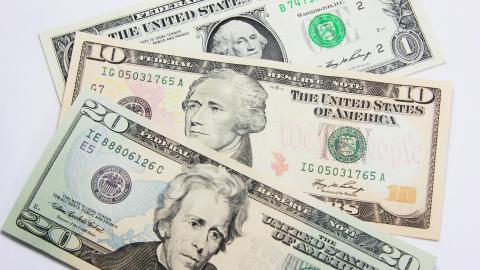Why People Abandon Morality in Market Transactions

What’s the Latest Development?
When people participate in market transactions, their moral standards fall substantially, supporting behavior they claim to oppose, such as child labor, workforce exploitation, or meat production involving cruelty to animals. In an experiment, several hundred subjects were confronted with the moral decision between receiving a monetary amount and killing a mouse versus saving the life of a mouse and foregoing the monetary amount. “It is important to understand what role markets and other institutions play in moral decision making,” said Prof. Dr. Norma Szech of the University of Bamberg. “This is a question economists have to deal with.”
What’s the Big Idea?
“In markets, people face several mechanisms that may lower their feelings of guilt and responsibility,” explained Dr. Szech. In market situations, people focus on competition and profits rather than on moral concerns. Guilt can be shared with other traders. In addition, people see that others violate moral norms as well. “In addition, in markets with many buyers and sellers, subjects may justify their behavior by stressing that their impact on outcomes is negligible. ‘This logic is a general characteristic of markets,’ said Prof. Falk. Excuses or justifications appeal to the saying, ‘If I don’t buy or sell now, someone else will.'”
Photo credit: Shutterstock.com





